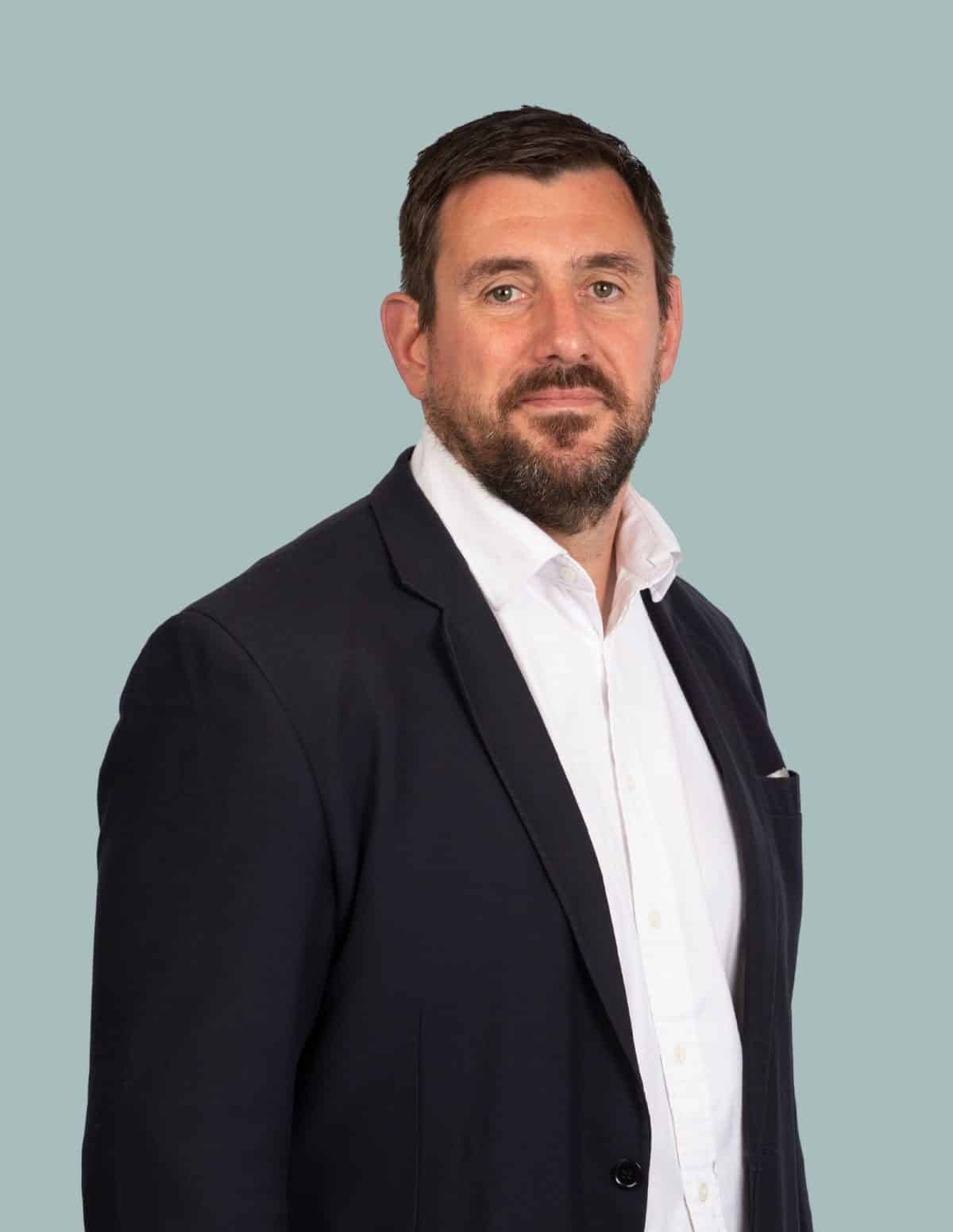Transformational Leaders: John Nother, Chief Digital Officer at the National Institute for Health Research
John Nother joined the National Institute of Health Research (NIHR) in the first week of lockdown. Here John caught up with Berwick Partners’ Alex Richardson, who placed him into the role. John talks about his tumultuous first few months in post, his achievements so far and his hopes to help health and care research through digital at this critical period.
You joined NIHR right at the beginning of the lockdown. What were you brought in to do?
The Chief Digital Officer (CDO) role was new to the organisation. The NIHR is funded by the Department of Health and Social Care (DHSC). The brief from the DHSC and NIHR Executive was to build on the digital work achieved to date and to set and deliver a clear digital transformation across the breadth of the NIHR. The ambition in my mind was to make it easier for people to deliver and take part in health and care research. The starting point would be understanding the core journeys through the organisation, identifying the barriers and developing digital solutions to address them.
What did you find when you joined and where were they at digitally?
The NIHR has done some great work on digital, externally using it to engage the public in research and internally with the leadership of the DHSC adopting digital cloud-based workplace tools like Google Hub. They have recognised the need to invest in digital skills to accelerate a digital transformation. Without someone responsible for this in a cross cutting organisational role it had proved difficult to drive forward though. That’s what I’m here to do!
You joined during a pandemic so couldn’t physically meet your new colleagues which introduced extra difficulty. What have you been able to achieve so far?
To develop an inclusive strategy, we needed wide involvement from people all over the UK for a series of workshops. This was a hugely aspirational goal given the pressures on the organisation from COVID-19. With the support of DHSC, we partnered with PA Consulting to support running the workshops and provide some expertise in digital skills needed for the work. The work done to adopt Digital workplace tools like Google Hub and video conferencing allowed us to run UK wide engagement into digital break-out discussions, while stepping through user journeys and collaboratively identifying solutions to address barriers. In addition to this we ran parallel streams of work looking at architecture and data flows to identify interoperability opportunities. We also reviewed the people pathway on how we attract, develop and retain talent, as well as defining delivery and governance models to drive the transformation forward.
In addition to the strategy work, back in May I was asked to support the COVID Vaccine Task Force in developing a digital capability for engaging the public in COVID vaccine trials. The ambition was to build a platform for the public to volunteer to take part in the trials. The challenge was we only had weeks to do it to align with the supporting recruitment for the vaccine trials and planned engagement campaigns. As the Senior Responsible Owner for this initiative I partnered with NHS-D and collaborated with all Devolved Administrations to deliver it. I am extremely proud of what we achieved as a team delivering a successful go live of the National COVID Clinical Trials Register. In fact, we’ve had over three hundred thousand volunteers sign up to be contacted about taking part in trials since July. It also showed how using digital we can move at pace, form new partnerships and deliver with agility even under the most trying of circumstances. It is something I am going to harness and use as a springboard to help the whole organisation adopt digital methods.
Where are you with identifying the themes to take forward the digital transformation?
The first theme is engagement. The NIHR has many engagement points for many different stakeholders and needs. This stretches across researchers, the public, clinical professionals, external partners, the government and colleagues themselves. Key will be simplifying the user journeys to build services that are easy to use, inclusive, consistent and have the reach into communities and engage with people where they are engaging digitally in their daily lives.
The second theme is data; as you would expect for a research organisation, we’ve a huge amount of data and processes. The focus going forward will look at how do we digitally connect data with APIs, microservices and an open architecture to allow automation and deeper insight through artificial intelligence, machine learning and scalable cloud tools.
The third theme is about the organisation and building digital capability for our colleagues themselves, whether they are engaged directly in research or simply how they use shared tools to collaborate with each other. Key will be creating the digital capability, tools and practices across the NIHR to enable and transform how the organisation embraces digital in the way it works.
Following on from that, what will the people leadership elements of the role be? What will you do to reshape the organisation and the digital delivery model?
Well, technology and digital must intertwine and I need to get a single view of the technology delivery landscape, across the various entities that carry out research. Influencing the understanding that digital is not just a thing, it is a way of doing things that needs to run through the heart of the organisation. Leadership towards building user experience designed services will be a key part of my role both within the NIHR and also externally to the different bodies we engage with.
What’s next? What will you do over the next three or four years?
COVID has provided opportunities to demonstrate the value strong digital services can bring and I am looking to build on this. Next steps will be to present my recommendations on our digital transformation to the appropriate Executive Boards for approval. Fundamentally though I go back to what I said earlier, the next few years will be about embracing digital to make it easier for people to deliver and take part in health and care research. I recognise the opportunity in getting this right will make a big difference through research to people’s lives. I feel very excited and humbled to lead this role for the NIHR.
For more information about the Berwick Partners’ IT & Digital Leadership Practice, please contact Alex Richardson.






